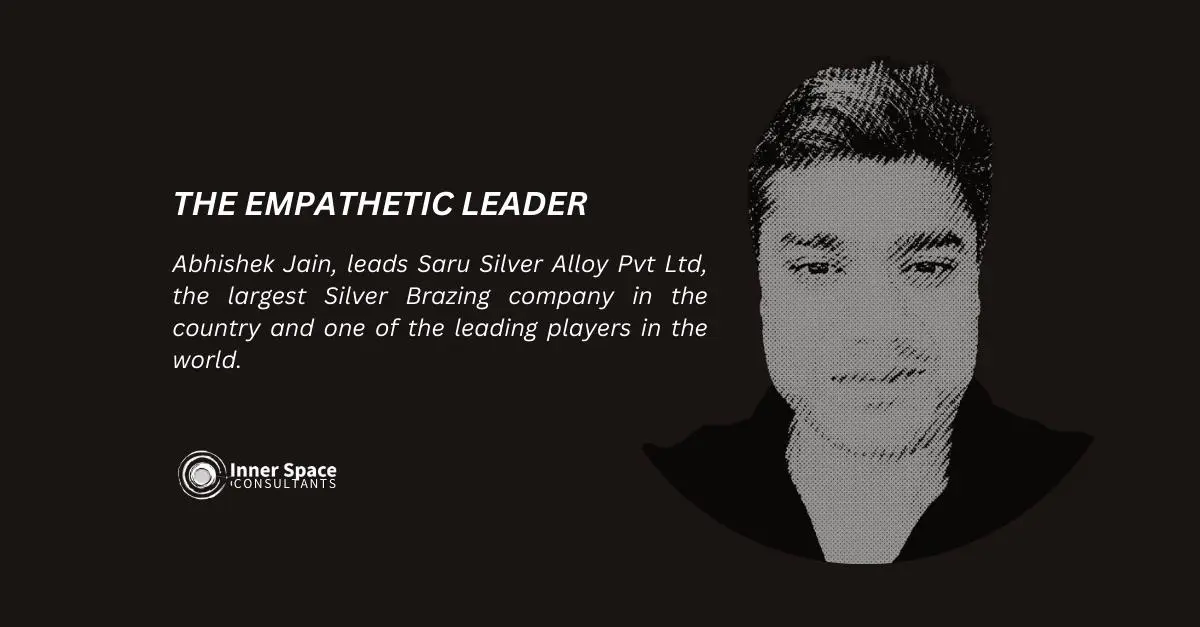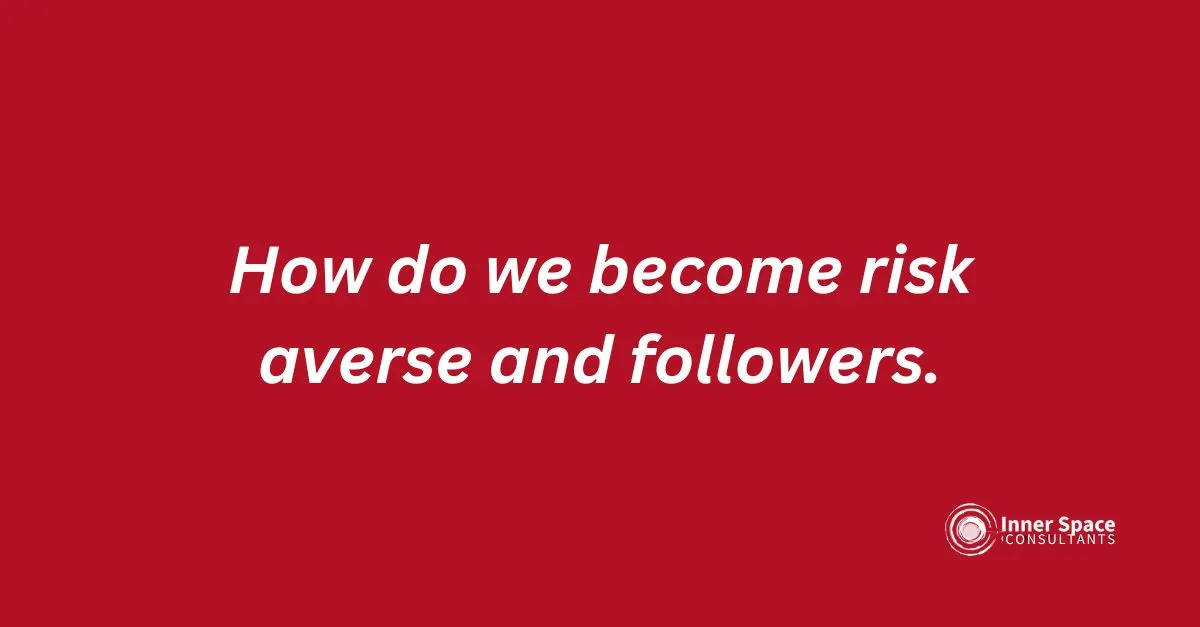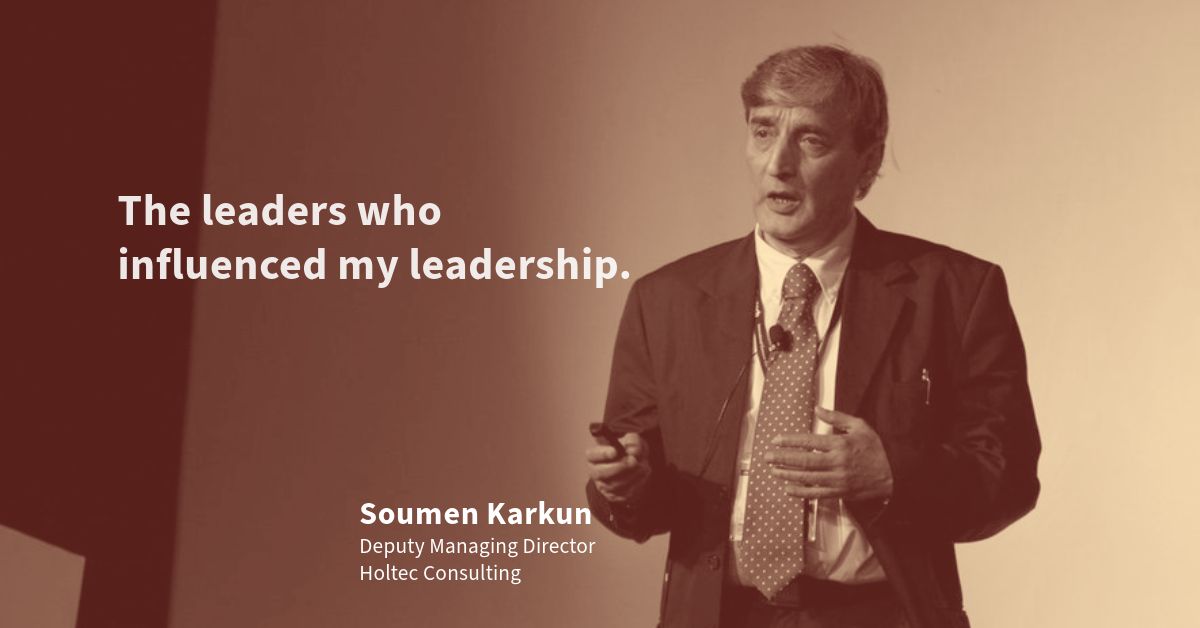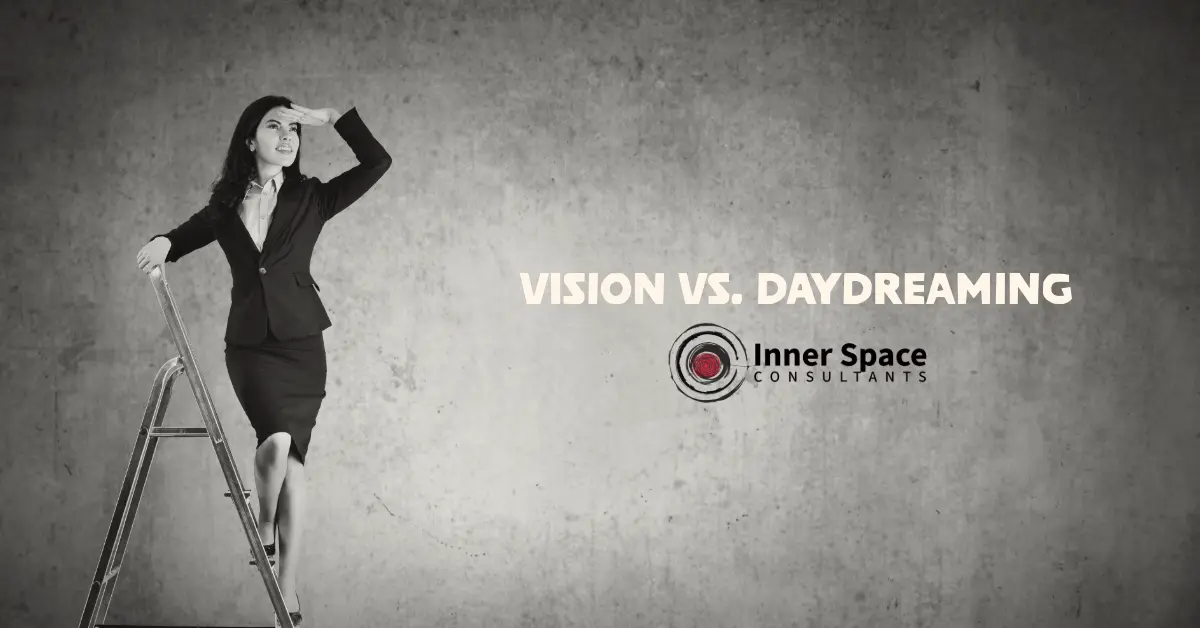He wasn’t slapped or shouted at by his manager, yet he felt deeply insulted. As he spoke, his eyes welled with tears, revealing how belittled he felt. I was taken aback, and for the next 20 minutes, as he shared his experience, my eyes widened with empathy, a feeling that lingered for the rest of the day.
He explained that while his manager wasn’t overtly abusive, he often taunted him with a smile about unfinished tasks. The manager spent most of his time on the phone, texting and taking calls, especially when he tried to discuss sensitive issues and personal challenges. This behavior made him feel that the manager was indifferent to his feelings. Towards the end of their conversation, the manager abruptly got up, as if he were in a hurry.
This exchange occurred during a workshop focused on body language, where we were exploring various scenarios. He recounted his recent experience with his manager, illustrating a critical point: our body language communicates far more than our words.
What often hurts people is not merely what we say, but how we say it. In this case, my subject felt belittled and humiliated due to his manager’s dismissive demeanor. We frequently engage in similar behaviors in our daily interactions, often without realizing the impact. Those we communicate with are acutely aware of these cues, forming opinions about themselves and us, based on our verbal and nonverbal communication.
I firmly believe in the following principles:
• Everyone Wants to Succeed: A supportive environment, encouragement, effective leadership, and mentoring all contribute significantly to an individual’s performance.
• Mind Your Body Language: Be particularly mindful of your nonverbal cues when speaking with someone in distress.
• Eliminate Distractions: Set your phone aside and avoid taking calls during discussions. Establish a specific time for meetings and communicate the time frame to the other person. Focus on them and actively listen to what they are saying—and how they are expressing it. Read between the lines.
• Accountability in Leadership: A manager who hires a team member should be accountable for that person’s performance. Take your time during the hiring process to ensure you make the right choice, and continue to provide support thereafter. Your role doesn’t end with hiring; it begins there.
• Encourage Critical Thinking: Empower your team to think independently. If they merely follow your instructions, you are not fulfilling your role effectively.
• Invest Time in Your Team: Spend time with your people. Understand where they are stuck. Your job is to remove their roadblocks so they can run but also not run for them.
By fostering a supportive environment, we can not only significantly improve our subordinate’s performance but make our workplace stress-free and a happy place to work.
What do you think? Do managers play a significant role in transforming the workplace environment thereby directly impacting the performance of people?
#LeadershipTraining #ExecutiveCoaching #EmployeeMotivation #EmpathyinLeadership #OrganizationalCultureTransformation #InnerSpaceConsulting #LeadershipCapabilities #NonverbalEmpathy #EmotionalDisconnect #CompassionateLeadership#EmotionalIntelligence
#EmpatheticCommunication #StressManagement #CriticalThinking #LeadershipAccountability #TransformingWorkPlaces #NeerajAgarwal















